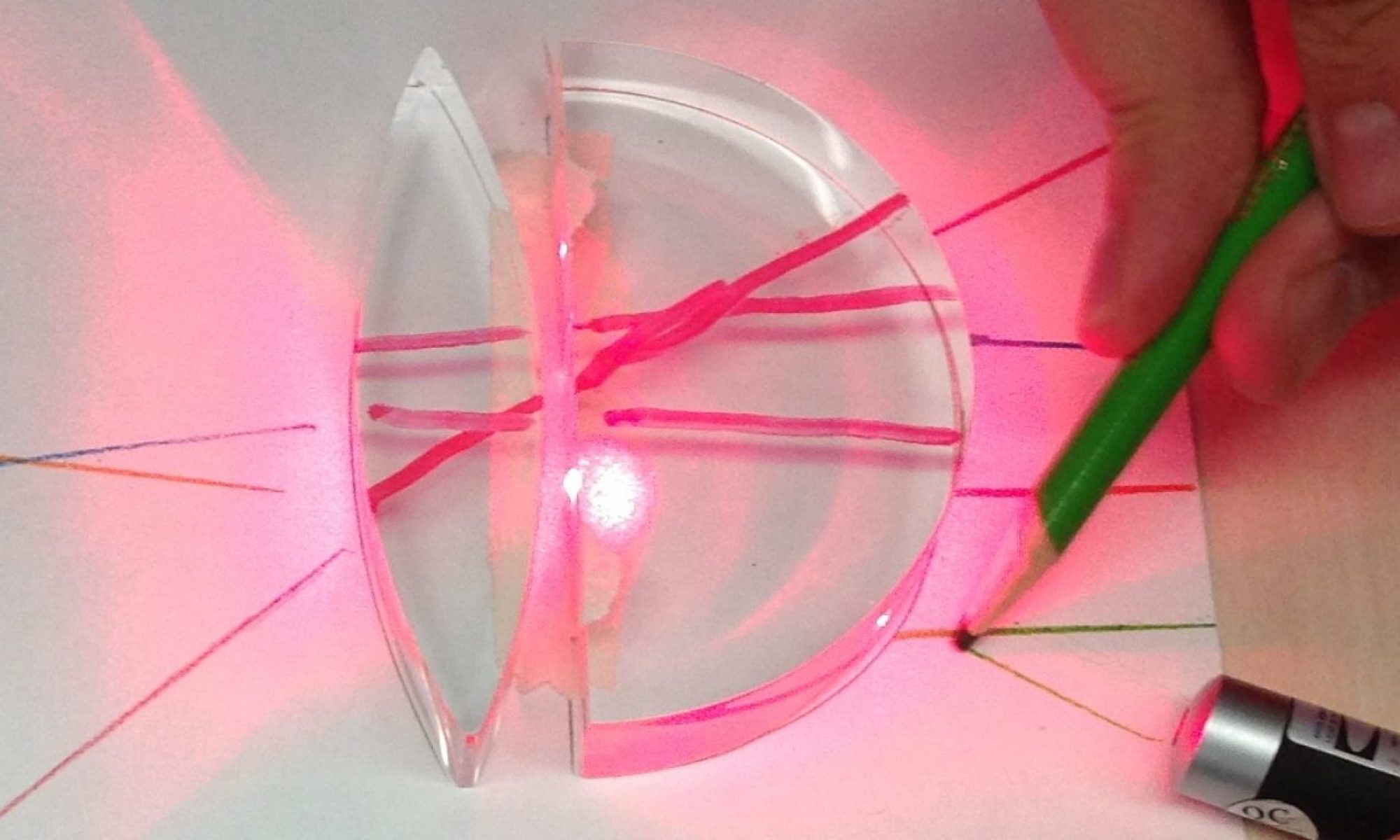 I love physics. Our country supports public funding of science and has strong initiatives for teaching science, and I believe that participation in our scientific culture is the right of all our students. My work is dedicated to ensuring that students have the opportunity to understand, value and participate in science – particularly by engaging in and understanding scientific practices as part of their education.
I love physics. Our country supports public funding of science and has strong initiatives for teaching science, and I believe that participation in our scientific culture is the right of all our students. My work is dedicated to ensuring that students have the opportunity to understand, value and participate in science – particularly by engaging in and understanding scientific practices as part of their education.
I’m currently working on the following projects that relate to these themes. If you’re interested in this work, see the contract for my lab and then be in touch.
(1) Transformative Experiences in physics:
Taking a physics course should profoundly change the way you see the world in meaningful and valuable ways, but for many students this is not the case. What are the characteristics of physics courses that foster transformative experiences for students? How can we teach for transformative experiences? This work connects to questions of transfer and how we leverage “real world” experiences in science classrooms.
(2) EDISIn: Engineering Design In Scientific INquiry
A central practice of scientific inquiry – and part of the challenge and fun – lies in designing novel methods to answer new questions. But most science instruction gives students scant experience in this form of engineering design. When we do teach engineering, the design challenges are typically solving practical problems, and not in the service of solving conceptual problems. In this strand of research, I am investigating: (1) Where do design problems and opportunities emerge in science instruction? (2) How are those problems, their constraints, and solutions consistent with engineering design, and how do they differ? (3) What specific curricular tools and pedagogical practices can scaffold students’ engagement with emergent design problems in science?
(3) Hacking the lab: Makers in Introductory Physics
Related to the EDISIn project is the question of when students “hack” their lab: under what circumstances do students find opportunities to repurpose lab equipment to answer their own questions, or to pursue an unexpected phenomena? What kinds of questions do they pursue and what methods do they use? When they go “off book” in this way, we have a more meaningful picture of what students are learning, the degree of ownership they have in these ideas, and how they are repurposing our concepts and techniques to meet their own needs.
(4) Creating energy
This project – again related in theme to the ideas above – examines how science majors and science teachers construct their own representations of energy in the context of a particular set of representational tools. Energy is a particularly fascinating topic to investigate because it is at once abstract and – next to matter – it is perhaps the most concrete conceptual object that physics has created. Studying how students come to their own personal understanding of energy lends insights into how they may understand other topics as well. This topic connects to ideas of computational thinking and embodiment.
(5) Designing Across the Curriculum
The “maker movement” has highlighted the value of what Papert described as “constructionism” – we learn by making and sharing artifacts. And in engineering, we’ve come to value “design process” as part of their approach to construction: strategies and dispositions to define and solve complex, open-ended problems. I’m interested in how these themes (constructionism and design thinking) can be integrated across disciplines to engage students in designing solutions for complex, open-ended problems. I have some initial data from math and physics, and am excited to pursue other disciplines as well.
